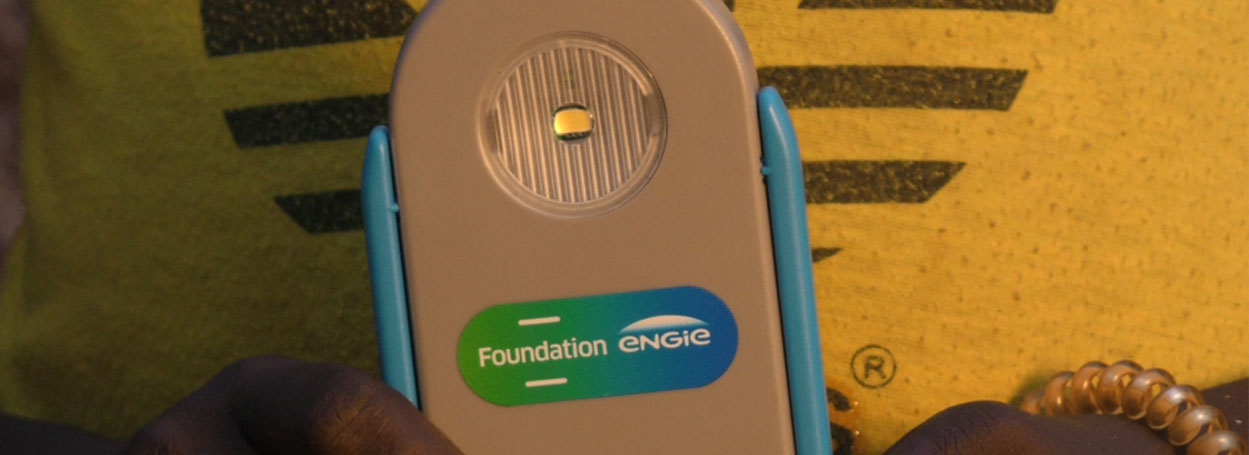The Schools, Lights & Rights programme was created and financed by the ENGIE Foundation alongside the company’s long-standing partner, “La Voix De l’Enfant”. The association works in Afghanistan, South Africa, Burkina Faso, Cameroon, India, Morocco, Laos and the DRC. This is a quick update halfway through the project, 9 months after the launch of the third year of the programme.

Schools, Lights and Rights was launched during the COP 21 in South Africa in 2015 and currently has projects in 10 countries focused on two of the Foundation’s major commitments: energy access for all and social inclusion of young people and children. Volunteers work on the ground every day to improve the living conditions of children via three specific tasks: providing schools and other buildings that are used by children with electricity (with Energy Assistance France, the Engie Group’s internal NGO), handing out portable solar lamps and creating civil records.
The aim for the third year of the Schools, Lights and Rights programme is to ensure that actions undertaken since 2015 are there for the long-term and to increase the scope of the programme by getting local authorities involved to broaden access to education and digitise civil records. Volunteers are continuing to register details and raise awareness amongst local populations in often difficult conditions, particularly due to the social issues caused by the influx of refugees and irregular migrants. More than 161,000 additional civil records need to be recorded this year to reach 1 million registrations since 2015. Extending the programme in Laos is currently being studied.
In the “Lights” part of the programme, portable solar units are continuing to be handed out thanks to the support of local associations. In Madagascar, the units arrived just in time in Antananarivo to light up the start of the school year for children there. The children can use the portable solar units to do their homework in the evening, read and get home safely after school. In total, more than 21,000 units will be handed out this year.
New projects to provide electricity to schools and centres of education in isolated areas have been added to the programme this year . Two or three projects will see the light of day this year thanks to the ongoing commitment of the volunteers from Energy Assistance France, the Group’s internal NGO. Electricity access in remote villages improves learning conditions for children and creates a proper space for discussion and fun for all of the residents of the village. New requests for involvement in the programme in Africa and Asia are currently being studied.
